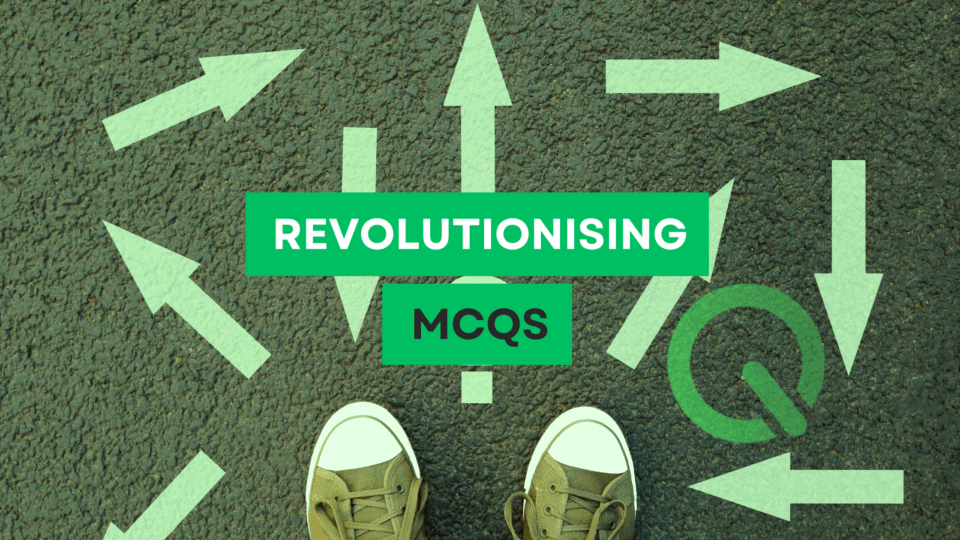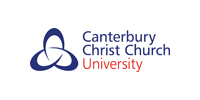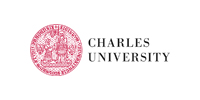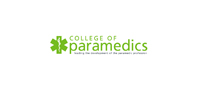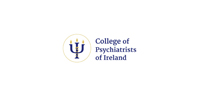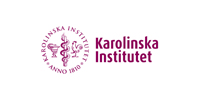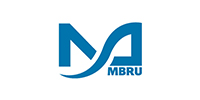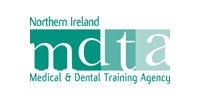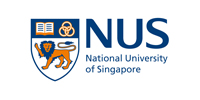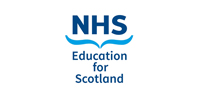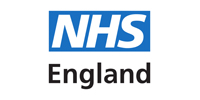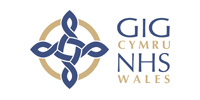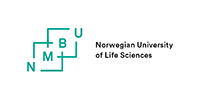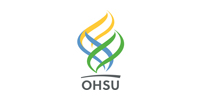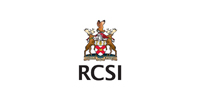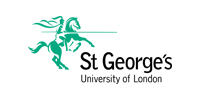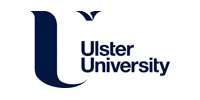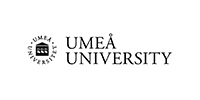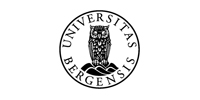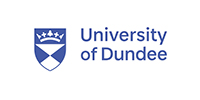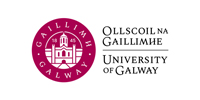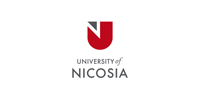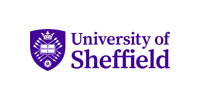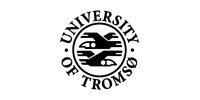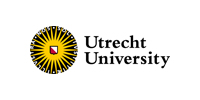In the evolving landscape of education and professional certification, multiple-choice questions (MCQs) remain one of the most widely used methods of knowledge-based assessment. But when paired with modern digital platforms and supported by proctoring and invigilation tools, MCQs are no longer just a traditional testing format.
They are becoming a powerful, scalable, and secure assessment method that can take place outside of physical assessment centres and venues and without the need to be scheduled, MCQ test takers can complete their attempts at a convenient time while juggling busy schedules.
Why MCQs Still Matter
MCQs are highly effective for testing applied knowledge and conceptual understanding across a wide range of subjects. MCQs offer:
- Efficiency as candidates can complete assessments quickly.
- Objectivity as scoring is automated, reducing subjectivity and examiner bias.
- Scalability as an unlimited number of candidates can be assessed simultaneously.
- Rich Insights as well-designed MCQs go beyond recall, testing reasoning and decision-making under pressure.
When MCQs are delivered fully online and remotely, these benefits are multiplied.
The Role of Digital Platforms in MCQ Delivery
A digital assessment platform, like Qpercom, transforms MCQs into a flexible, data-rich experience. Some additional benefits that come from having candidates take MCQs online include:
- Instant Feedback – Candidates can receive information on correct and incorrect responses as well as receive their results immediately, with detailed analytics.
- Secure Item Banks – Large banks of questions with randomised delivery reduce predictability and enhance fairness.
- Integration with Learning Analytics – Educators and recruiters can gain deeper insights into item response performance as well as candidate knowledge gaps and performance trends.
- Adaptive Testing – Question difficulty can adjust in real time to match a candidate’s performance level so it challenges them more.
Ensuring Trust: Proctoring and Invigilation Tools
The credibility of online MCQ assessments depends on security and fairness. Modern platforms integrate some really advanced proctoring and invigilation tools including:
- Secure Browser Technology to prevent candidates from accessing external resources during exams while allowing access to whitelisted resources to support their attempts.
- Identity Verification to ensure the right candidate is sitting the test through ID checks and biometric verification.
- Live Invigilation where human proctors monitor candidates via webcam and a second camera on their phone all in real time.
- Automated Proctoring with AI flagging unusual behaviour, such as eye movement, multiple faces or background noise.
These layers of security allow organisations to confidently run high-stakes MCQ assessments fully online whether for university admissions, professional certification, or workforce recruitment (psychometric testing).
A Sustainable and Scalable Solution
Shifting MCQ assessments online also brings environmental and logistical benefits:
- No paper or printing to reduce waste and carbon footprint.
- Global reach so that candidates can take exams anywhere, reducing travel and venue hire.
- Cost efficiency as institutions save on logistics, printing, and manual marking.
MCQs have always been a cornerstone of knowledge-based assessment. But in today’s digital world, supported by robust proctoring and invigilation tools, they are evolving into a secure, scalable, and environmentally friendly solution.
For universities, healthcare bodies, and professional organisations, embracing online MCQ delivery is not just about convenience. It is about revolutionising how knowledge is tested and verified in the 21st century. In the age of Artificial Intelligence, this is more important than ever as simple recall tests have become too easy since search engines have transitioned to answer engines and with LLMs offering answers back in an instant.

